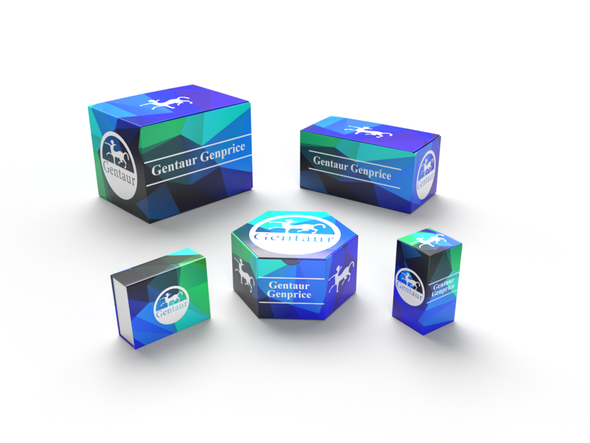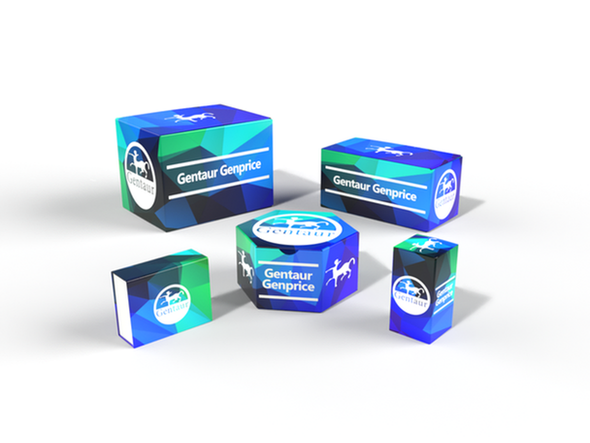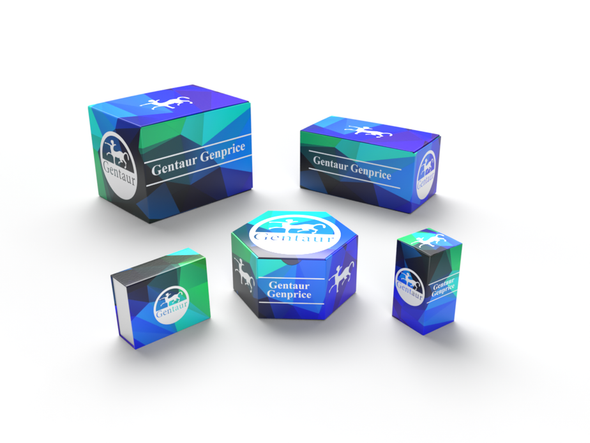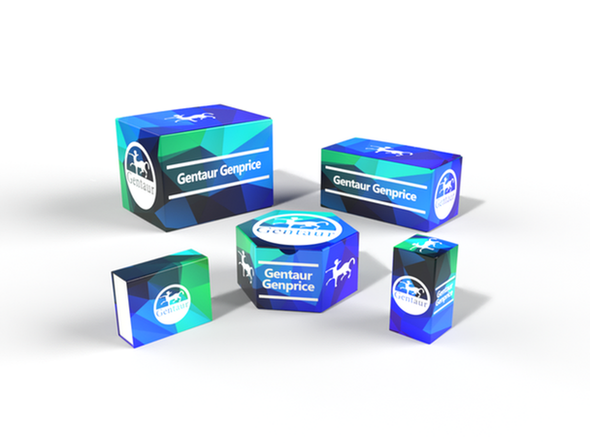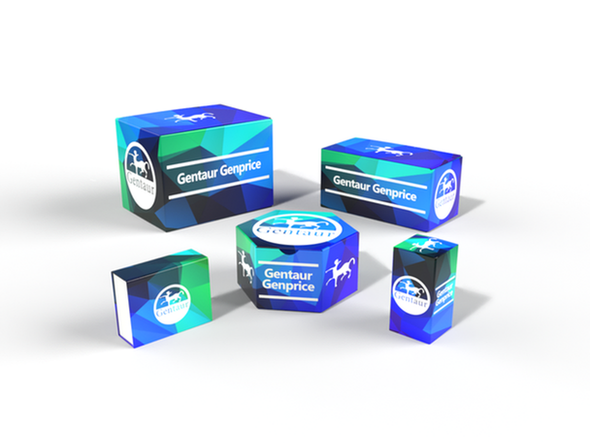BW
ENPP3 polyclonal Antibody | BS60438
- SKU:
- BW-BS60438
- Availability:
- Usually ships in 5 working days
Description
ENPP3 polyclonal Antibody | BS60438 | Gentaur UK, US & Europe Distribution
Host: Rabbit
Reactivity: Human,Mouse,Rat
Application: WB
Application Range: WB: 1:500~1:1000
Background: Ecto-nucleotide pyrophosphatase/phospho-diesterase-I enzymes (E-NPP), a group of type II transmembrane proteins, cleave phosphodiester and phosphosulfate bonds in deoxynucleotides, NAD, and nucleotide sugars. There exist three closely related proteins in mammalian species: E-NPP1 (PC-1), E-NPP2 (PDNP2), and E-NPP-3, also known as CD203c, each expressed in different cells or at different locations in the same cells. Basophils, a type of major proinflammatory effector cells involved in diverse pathologic reactions, exhibit CD203c expression. For instance, CD203c expression increases in response to a variety of allergens, including cat dander, latex, and bee and wasp venom. Hovever, these allergies are not the only condition associated with CD203c upregulation; CD203c upregulation may also serve as a tumor marker for colon carcinoma.
Storage & Stability: Store at 4°C short term. Aliquot and store at -20°C long term. Avoid freeze-thaw cycles.
Specificity: ENPP3 polyclonal Antibody detects endogenous levels of ENPP3 protein.
Molecular Weight: ~ 100 kDa
Note: For research use only, not for use in diagnostic procedure.
Alternative Names: Ectonucleotide pyrophosphatase/phosphodiesterase family member 3; E-NPP 3; ENPP 3; ENPP-3; E-NPP3; Phosphodiesterase I beta; PD-Ibeta; Phosphodiesterase I/nucleotide pyrophosphatase 3; CD203c; Alkaline phosphodiesterase I; Nucleotide pyrophosphatase; NPPase; PDNP3
Immunogen: A synthetic peptide corresponding to residues in Human ENPP3.
Conjugate: Unconjugated
Modification: Unmodification
Purification & Purity: The Antibody was affinity-purified from rabbit antiserum by affinity-chromatography using epitope-specific immunogen and the purity is > 95% (by SDS-PAGE) .
Pathway:


